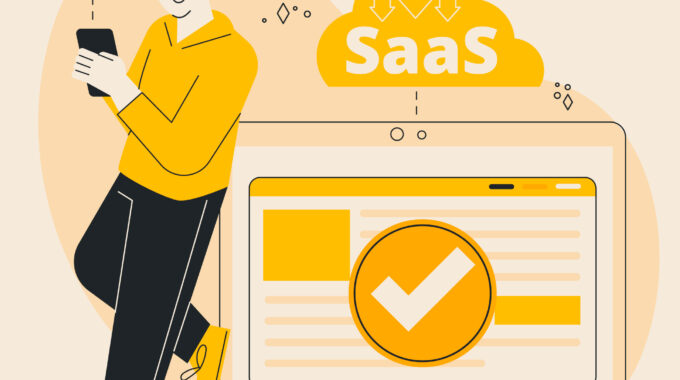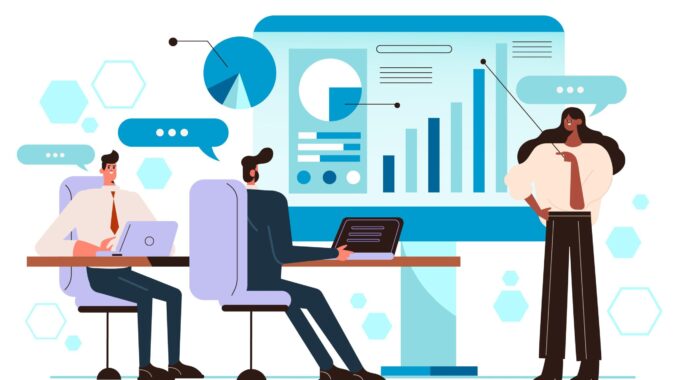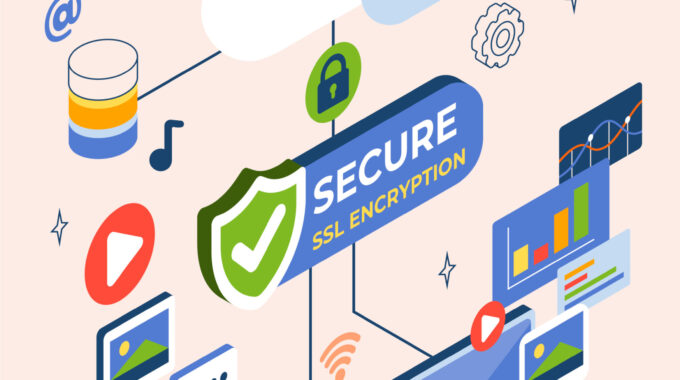Introduction In the rapidly evolving landscape of the insurance industry, the integration of technology (Insurtech)…

Benefits of Insurance Software Solutions
Introduction
Insurance software solutions have revolutionized the way insurance companies operate in today’s dynamic and competitive business landscape. These innovative tools offer a multitude of advantages that not only streamline operations but also enhance customer experiences. In this article, we will explore the myriad benefits of insurance software solutions, which have become indispensable assets for insurers seeking efficiency, accuracy, and a competitive edge in the market.
Now we want to share the core advantages you can get by implementing or using cloud-based insurance agency software for your business.
#1 Reduce operational costs
The best insurance software allows your company to decrease the level and frequency of human errors, agreement durations, and document losses.
This way, you can greatly save on operational costs and streamline most business processes by helping your employees avoid tons of manual operations thus boosting productivity and decreasing the human mistake factor.
#2 Improve your compliance management
Custom insurance business software helps your company adjust an in-built compliance protocol thus making your business to be immune from constantly changing regulations.
Improved compliance management allows you to avoid manual changing of directives and costly mistake fixing.
What’s more, this software will empower your company to make sure that every process is moving at the correct pace within your funnel.
#3 Enhance customer service
As we mentioned earlier, insurance quoting software transforms communication with prospects and clients into an automated and time-saving process where the latter get pre-built quotes for their questions and requests.
This helps avoid extra time spending for both parties thus boosting customer service and increasing the loyalty of clients.
Besides, insurance CRM software offers unlimited opportunity management features that mean your clients can ensure service requests are as convenient as they need.
Having a transparent understanding of customer behaviour, CRM software for insurance companies will automatically send upsell and cross-sell signals to your sales reps and brokers thus increasing lead-to-deal conversion rate and revenue generation.
#4 Leverage predictive analytics and reporting tools
In-depth data analysis is a key to evaluating your teams’ performance and making data-driven decisions to increase the efficiency of your insurance company operations.
For these reasons, lots of insurance software companies use Artificial Intelligence algorithms and Machine Learning neural networks to provide predictive smart insurance analytics software tools.
They analyze tons of information that goes through your business operations daily and build high-probability analytics for both internal and external usage.
What’s more, predictive insurance agency software allows you to automatically generate insightful charts and graphs that visualize raw numbers and can transform them into visually-appealing reports for further analysis.
#5 Increase data accuracy
Insurance is foremost about ensuring high accuracy of collected, processed, and provided data as it may result in sufficient financial losses and a high churn rate.
This means using cloud-based insurance agency software with high-quality tools that authenticate data accuracy is must-have for your business.
The most widespread business operations that require data accuracy authentication are system audits, address converters, payment verification systems, and policy data generation.
Moreover, insurance fraud software can help you automatically find fraud claims and accelerate the investigation processes through AI algorithms RPA (Robotic Process Automation) technologies
About Apoorva:
Apoorva is a technology services company that assists software products with ideation, developing prototypes, programming, creating a digital marketing presence and accelerating sales through direct contact. Over 150 for-profit and non-profit organizations, such as Xcel Energy, PeopleCare Health Services, Frontier Airlines and Centers for Spiritual Living have trusted Apoorva to build software.
Apoorva was founded in 2001, has more than 50 employees, and uses proprietary and proven methodologies to bring technology products to the market. Contact us / Visit apoorva.com for more information.




